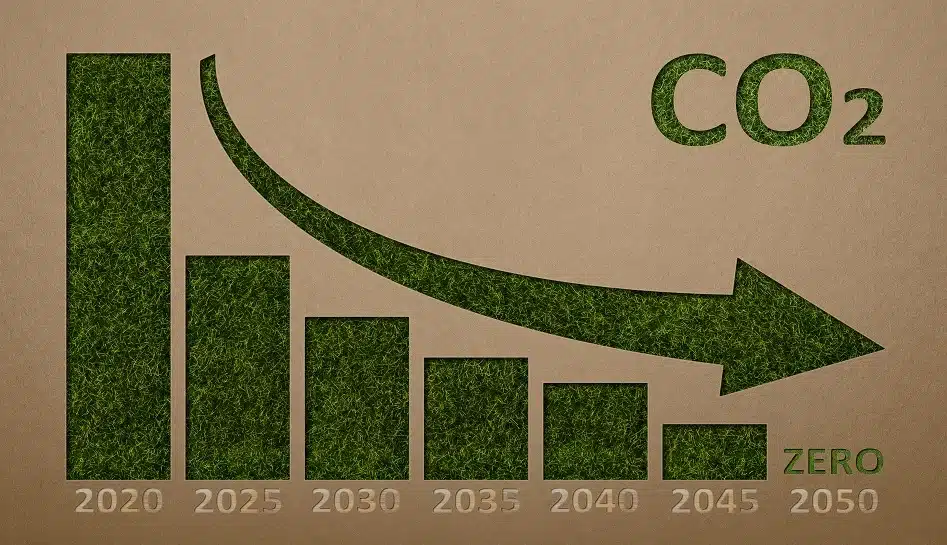US Climate Bill : The Inflation Reduction Act (IRA) 2022 is a bold step towards fighting climate change as well as lowering healthcare costs.
Climate change has been a major point of contention between the United States (US) and other nations for long. The country constantly faces harsh criticism for being one of the top emitters of greenhouse gas (GHG), yet failing to take any substantial corrective action to combat climate change.
On August 16, 2022, US President Joe Biden took a bold step and signed a historic bill that aims to fight climate change and lower healthcare costs. The Inflation Reduction Act (IRA) 2022 has the potential to restore the country’s image as well as encourage other nations to set even higher standards and ambitious targets for themselves.
The IRA promise
The $740 billion package – with $370 billion earmarked specifically for climate change provisions – is packed with tax credits for people who opt for energy-efficient home improvements and buy electric vehicles. It also lists various incentives for firms to invest in clean electricity and renewable energy.
Apart from expanding Medicare benefits and lowering healthcare costs, the IRA also promises lower energy bills, closing tax loopholes, investing in disadvantaged communities, and protecting families and small businesses. Interestingly, there’s a provision to levy a new minimum tax on large corporations as a means to achieve a total federal deficit reduction of $300+ billion.
The Paris Agreement
Under the Paris Agreement, an important climate agreement that came into effect in 2016, the US had committed to reduce GHG emissions by at least 50% from 2005 levels by 2030. The country had also committed to achieve net zero emissions by 2050.
While the projections have proved to be overly optimistic, with the IRA, there’s hope. The US is now projected to reduce GHG emissions by 40% by 2030. Without IRA, the country was expected to lower its emission by 26% over the same period. Although the new projections still fall short of the original commitments, the IRA will significantly help the country in getting closer to achieving its climate goals.
Learning from history
The IRA is not the first climate bill to be promoted by the Biden administration. In 2021, the Build Back Better (BBB) bill, an ambitious multi-trillion package aimed to fund a variety of social programmes with nearly $550 billion reserved for energy and climate investments, was introduced in Congress.
However, Senator Joe Manchin refused to support the bill as he deemed it to be too costly and heavy for the country’s debt. The bill was eventually dropped. Many believed that breaking the bill into different components and taking them up as separate legislations was a better way forward.
However, President Biden was determined to pursue this differently. This year, a toned-down version of the BBB was introduced as a means to tackle inflation. A lot of elements of the BBB can be found in the IRA, including the provisions and investments in clean energy. Senator Manchin wasn’t in favour of the bill this time too. However, he later changed his mind as he found that it had the potential to achieve a $300+ billion in deficit reduction and that the whole package will be paid for by corporate taxes.
The way forward
The IRA has been hailed by many scientists as a progressive step towards addressing climate change. There’s no denying that it is a good starting point, but there’s still a long way to go.
For the US to meet its climate goals, the country needs to actively invest in domestic manufacturing of clean energy and expansion of wind and solar power projects. However, these investments and initiatives are currently spread over a decade. Any delay or deviation could slow down the entire process.
If the US is truly committed to achieving its 2050 targets, it is important for the country to implement additional policies and regulations at regular intervals. Policy changes that are consistent and maintained over time can have a tremendous effect on combatting climate change.
Read more: https://h-leads.com/hotter-summers-runaway-contagions/
















